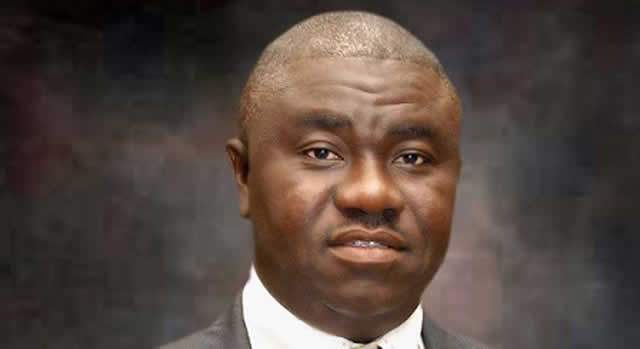The Federal Government has announced its commitment to providing financial aid to poor and vulnerable Nigerians. Through the NG-CARES programme, the government aims to support those who have been affected by the COVID-19 pandemic to restore their livelihoods, maintain food security, and facilitate the recovery of small and medium enterprises.
This update was made known by the Minister of State for Budget and National Planning, Clem Agba, during a ministerial town hall meeting held recently in Ibadan. The meeting was for stakeholders in Oyo, Osun, Ogun, Ondo, Ekiti, Lagos, and Kwara states.
Agba commended the administration of President Muhammadu Buhari for his vision to lift 100 million Nigerians out of poverty within a decade. He further explained that the town hall meeting was aimed at strengthening citizen participation, promoting open governance, and transparent accountability.
In a bid to respond swiftly to the challenges arising from the COVID-19 pandemic, the government accessed a $750 million concessional loan from the World Bank. This was on behalf of the 36 states and the Federal Capital Territory. The loan is intended to stimulate local economies and increase household consumption among poor and vulnerable people.
The government granted states and the Federal Capital Territory liberty to select a minimum of four disbursement linked indicators out of eleven. This measure is to facilitate quick implementation of the programme in line with the Economic Sustainability Plan, informed by Nigeria’s peculiarities.
The NG-CARES programme is a policy option adopted by the current administration to achieve its objectives. In just over a year of full implementation, it has impacted over two million beneficiaries, according to the report of the programme’s independent verification agent.
Abdulkarim Obaje, the National Coordinator of NG-CARES, stated that the $750m World Bank loan, allocated over two years, has a fixed pre-allocation of $20m dollars for each state while $15m goes to the Federal Capital Territory and the Federal Cares Support Unit.
The World Bank Task Team Leader, Folusho Okunmadewa, expressed satisfaction with the pace of implementation. He encouraged beneficiaries to publicize the programme and ensure state governors adopt and sustain it.
In conclusion, the NG-CARES programme is a ray of hope for poor and vulnerable Nigerians amidst the pandemic, and the government’s sustained efforts to improve their welfare are laudable.
